From knowledge to urban development innovation
Ho Chi Minh City is entering a new phase of development, in which education , science and technology are identified as the central pillars of the sustainable development strategy. It is not only a goal of knowledge, but also a commitment to innovation in thinking and action, towards a green, smart and humane city.

Secretary of the Ho Chi Minh City Party Committee Tran Luu Quang emphasized that the City always considers education, science and technology as the foundation for sustainable development and this is the most sustainable direction to solve the "difficult problems" of modern cities.
According to the Secretary of the City Party Committee, the City is promoting the use of surplus land and public buildings for education and healthcare, while developing urban green spaces to improve the quality of life for the people. This is one of the policies that demonstrates the strategic vision of Ho Chi Minh City: investing in knowledge, health and the environment is investing in the future.
Specifically, mechanisms for transferring public assets to the fields of education and research, data-based urban governance, or transforming growth models based on green technology are being strongly implemented by the City.
Associate Professor Dr. Hoang Cong Gia Khanh, Rector of the University of Economics and Law (VNU-HCMC) commented that this is a correct and timely step, but it is necessary to specify the principles, criteria and conditions for transfer, ensuring transparency, fairness and efficiency. The University is currently coordinating with the Department of Finance to develop a Project on Management, Exploitation and Use of Public Assets, which has been completed and put into practical application, contributing to the formation of a new knowledge ecosystem for the city.
Associate Professor Dr. Nguyen Huu Huy Nhut, Vice Principal in charge of Hoa Sen University, said that Ho Chi Minh City needs to expand its knowledge development space towards the sea. “Developing the marine economy is not only about exploiting natural advantages but also about the process of transitioning to a green, circular and knowledge-based economy; in which the three main pillars are ports - logistics - modern maritime services, green urban and marine tourism, and a research and innovation center for the marine economy,” he said.
From a business perspective, Dr. Le Mai Lan, Vice President of Vingroup and Chairwoman of the Board of Directors of VinUni University, believes that green transformation must be considered a core policy for urban development. “Every year, Ho Chi Minh City emits about 35-40 million tons of CO₂ and if no early action is taken, damage caused by flooding and pollution could cause the city to lose up to 3% of its GRDP by 2050,” she said.
These initiatives show that the connection between schools - research institutes - businesses is becoming an important driving force to bring Ho Chi Minh City closer to a smart, green and creative urban model.
Linking knowledge and action for sustainable goals
Not only aiming to improve the quality of education, experts say that Ho Chi Minh City needs to soon form a three-party linkage model, taking knowledge as the center of development policy.

Prof. Dr. Huynh Van Son, Rector of Ho Chi Minh City University of Education, said: “The city should digitize scientific data of schools, assign topics directly to scientists and test the mechanism of ordering research according to practical requirements. When knowledge is linked to specific actions, we will shorten the gap between research and application.”
In the field of health, Prof. Dr. Nguyen Thu Anh, President of the University of Sydney Vietnam, emphasized that innovation must go hand in hand with technological transformation. According to her, Ho Chi Minh City can take the lead in applying artificial intelligence and big data to medicine, forming a center for biotechnology and precision medicine, while taking advantage of the local advantages of Vietnamese cuisine and medicinal herbs to develop the clean functional food industry, a potential field associated with the knowledge economy.
From these proposals, the development model of Ho Chi Minh City is increasingly clear: education creates resources - science provides solutions - technology paves the way for innovation. These three pillars not only enhance competitiveness, but also create sustainable values for the environment, society and people.
Under the new orientation, the City will combine green transformation with digital transformation, prioritizing areas such as waste treatment for power generation, waste recycling and developing Con Dao as a zero-emission zone. Universities are encouraged to organize study and research programs in Con Dao, combining history, environmental education and global citizenship awareness - a practical education model that the city is encouraging to expand.
Along with that, Ho Chi Minh City is building a mechanism for ordering research and technology transfer, and establishing a Steering Committee for Sustainable Urban Development, in which green transformation is the key sub-committee. The Ho Chi Minh City Institute for Development Studies (HIDS) is assigned the role of connecting, advising on policies and coordinating implementation with universities.
That vision clearly demonstrates the spirit of innovation that Secretary of the City Party Committee Tran Luu Quang once affirmed: “Difficult problems cannot be solved by the old way. Ho Chi Minh City encourages everyone to be more courageous in innovation, for the development of the city, for the lives of the people.”
Overall, Ho Chi Minh City is shifting from a development model based on infrastructure and resources to a model based on knowledge, technology and people, where every citizen is a part of the innovation process. Knowledge, creativity, and the courage to innovate will be the solid foundation for the City to continue affirming its position as a leading urban area, a center of knowledge and innovation of the whole country.
Source: https://baotintuc.vn/giao-duc/giao-duc-khoa-hoc-cong-nghe-la-nen-tang-cho-phat-trien-ben-vung-cua-tp-ho-chi-minh-20251110170520664.htm


![[Photo] Prime Minister Pham Minh Chinh receives Lao Minister of Labor and Welfare Phosay Sayasone](https://vphoto.vietnam.vn/thumb/1200x675/vietnam/resource/IMAGE/2025/11/11/1762872028311_dsc-2246-jpg.webp)
![[Photo] Chu Noodles - the essence of rice and sunshine](https://vphoto.vietnam.vn/thumb/1200x675/vietnam/resource/IMAGE/2025/11/11/1762846220477_ndo_tl_7-jpg.webp)






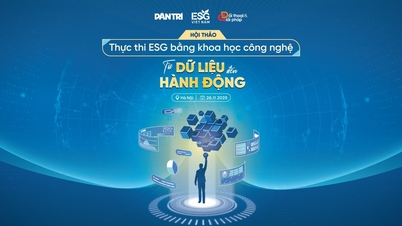





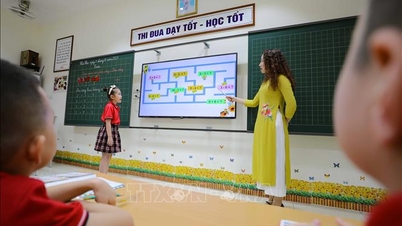
![[Photo] Prime Minister Pham Minh Chinh presided over the groundbreaking ceremony for the construction of primary and secondary boarding schools in land border communes.](https://vphoto.vietnam.vn/thumb/402x226/vietnam/resource/IMAGE/2025/11/09/1762681283028_dsc-1197-jpg.webp)


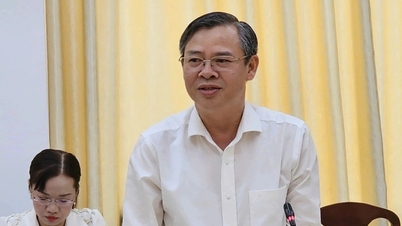












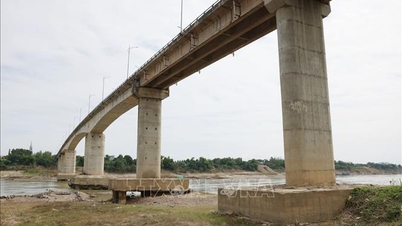

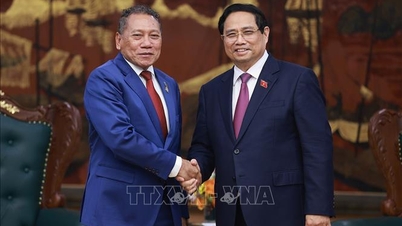

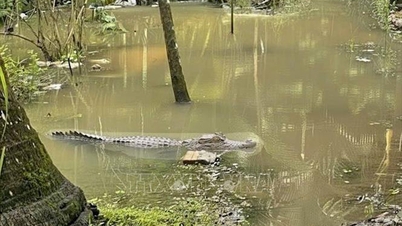

















































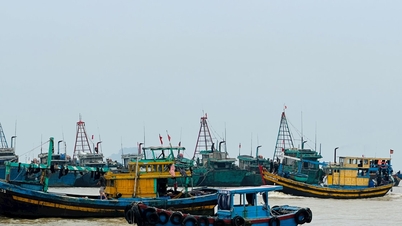

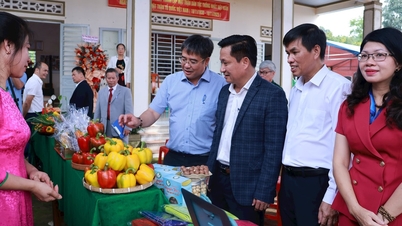
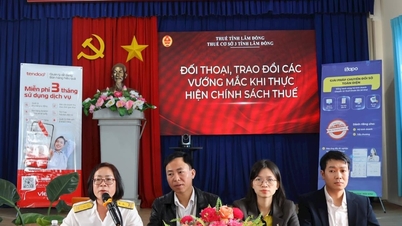
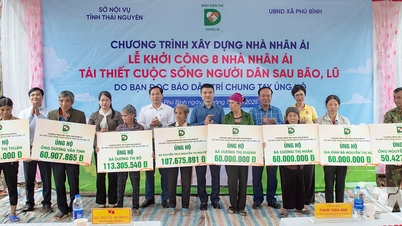



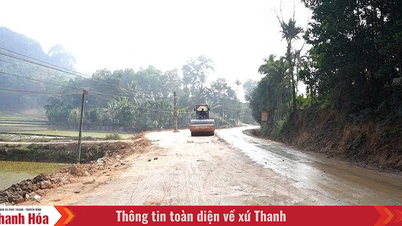



![Dong Nai OCOP transition: [Article 3] Linking tourism with OCOP product consumption](https://vphoto.vietnam.vn/thumb/402x226/vietnam/resource/IMAGE/2025/11/10/1762739199309_1324-2740-7_n-162543_981.jpeg)



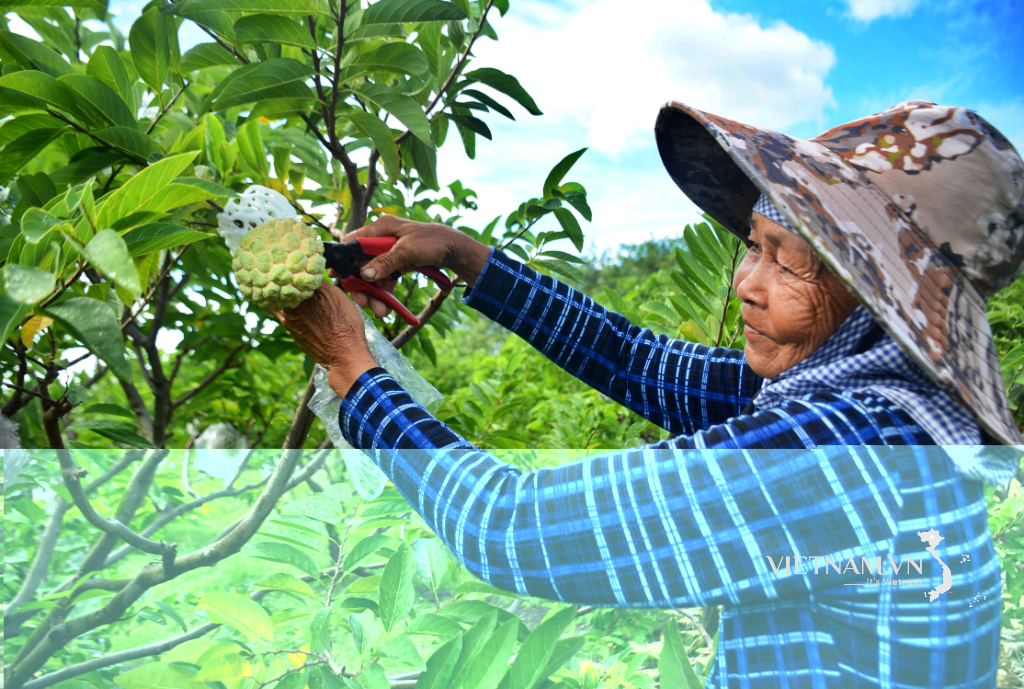



Comment (0)